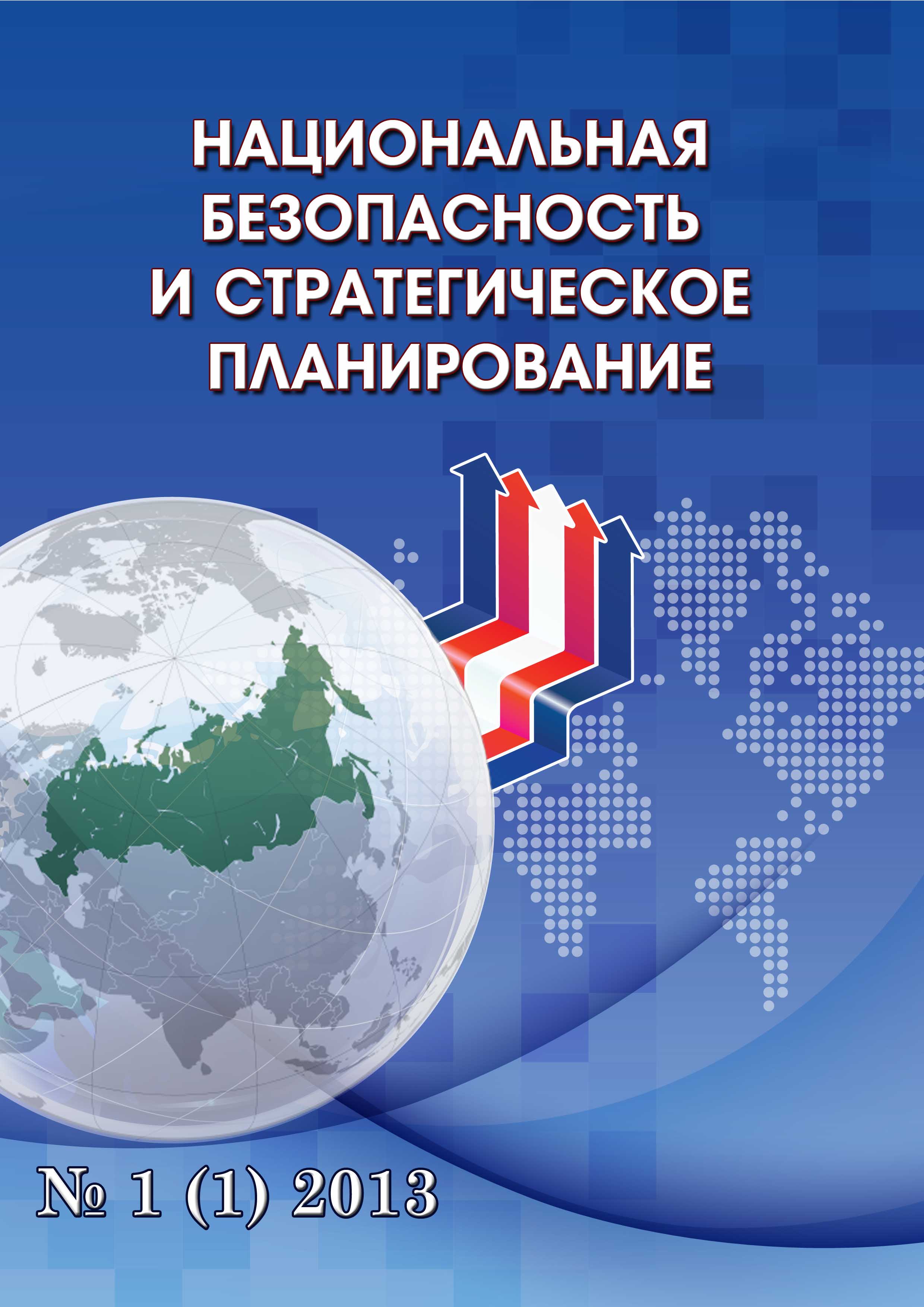Russian Federation
Russian Federation
The role and importance of modern communication systems in ensuring the national secu-rity of the Russian Federation, including in the conditions of a special military operation to pro-tect the population of Donbass, is shown. The main requirements that modern communications must meet in everyday conditions and in the conduct of hostilities are named. The perspective direction of improvement of military communication systems is considered. A procedure for incoherent reception of pseudorandom signals with differential phase shift keying, when exposed to interference with an unknown structure, is proposed. The error proba-bility bound based on Chernov's inequality is found, which allows us to estimate the noise im-munity of reception under conditions of interference with an unknown structure. It is shown that in a complex interference situation, when the interference has an energy superiority over the signal, it is possible to ensure the necessary reliability of receiving the transmitted useful information. The prospect of applying the results obtained in the theory and practice of improving information transmission systems in power structures is indicated.
the spread spectrum signal, pseudo-random signal, demodulation, interference with an unknown structure, error probability bound
1. Meeting of the Valdai International Discussion Club, October 27, 2022 [Electronic resource]. -http://www.kremlin.ru/events/president/transcripts/statements/66975 (date of ac-cess 26.10.2022 ).
2. Decree of the President of the Russian Federation of July 2, 2021 No. 400 "On the National Security Strategy in the Russian Federation" [Electronic re-source]. - Access mode: http://www.kremlin.ru/acts/bank/47046 (date of access 26.10.2022).
3. Dikson R. K. Wideband systems M.: Svyaz', 1979. - 304 p.
4. Sklyar B. Digital communication. Theoretical foundations and practical application. - M.: Izdatel'skij dom «Vil'yams», 2003. - 1104 p.
5. Prokis Dzh. Digital communications. - M.: Radio i svyaz', 2000. - 800 p.
6. Ipatov V. P. Broadband systems and code division of signals. Principles and Applications. - M.: Tekhnosfera, 2007. - 488 p.
7. Goldsmit A. Wireless communications. - M.: Tekhnosfera, 2011. - 904 p.
8. Bikkenin R.R., Andryukov A.A. Suppression of response (retransmitted) interference in the processing of pseudo-random signals with relative phase modulation // Information and Space. - 2016. - № 2. - pp. 27-32.
9. Bikkenin R.R., Andryukov A.A. Adaptive pseudo-random signal demodulator for unmanned aerial vehicle, effective in signal-like interference conditions // Information and Space. - 2018. - No. 1. - pp. 20-24.
10. Cypkin YA.V. Fundamentals of Information Theory of Evaluation. - M.: Nauka, 1984. - 320 p.
11. Wozencraft J. Jacobs N. Theoretical foundations of communication technology. - M.: Mir, 1969. - 640 p.
12. Korzhik V.I., Fink L.M., Shchelkunov K.N. Calculation of noise immunity of discrete message transmission systems: a handbook. - M.: Radio i svyaz', 1981. - 232 p.
13. Kung Yao. Quadnatic - Exponential Moment Error Bounds for Digital Communications Systems // Journal of the Frankline Institute. - 1980. Vol. 310. - No. 6. - pp. 365-371.






